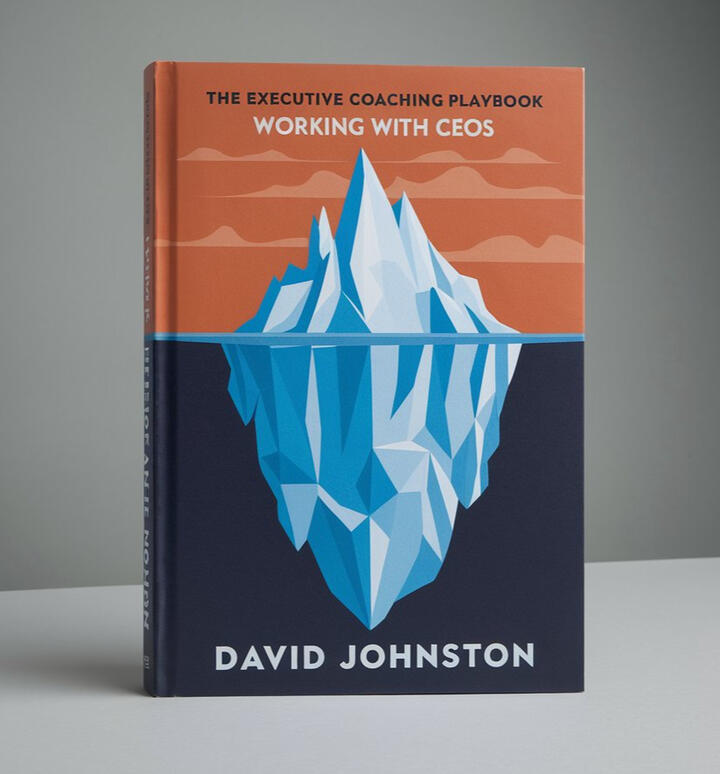
Life Changing Executive Coaching
Human potential is like an iceberg, we only see a fraction of what is possible on the surface.At Human Capital Development, we believe that the greatest opportunities lie beneath what is immediately visible. Our executive coaching process dives deep into the core of who you are as a leader, illuminating the hidden capabilities that can elevate your career—and your life.
the value of executive coaching
Yes, Executive Coaching Works.
The largest study ever conducted showed a 6x ROI on Executive Coaching.A study of 100 executives from Fortune 1000 companies found that organizations earned nearly six times their investment in coaching - over $100,000 in added value per executive. Additional benefits included higher productivity (53%), improved quality (48%), and strengthened leadership relationships (77% better with direct reports). These results highlight the significant impact of focused executive coaching on both financial returns and overall organizational effectiveness.It's not a question of IF executive coaching works, it's a question IF you are ready to accelerate your personal growth from executive coaching.Questions? Feel free to contact us and learn more about how executive coaching can benefit you and/or your organization.
Certified Coaching & Experience
Experience Matters.

David Johnston is the founder of Human Capital Development. He's a seasoned executive, and executive coach with more than a decade of executive coaching and leadership development experience. David is a CEC (Certified Executive Coach) through Royal Roads University, he also holds an MBA, is a Certified Health Executive (CHE), a Certified Change Management Practitioner (CCMP Prosci ADKAR), and is certified in both Myers-Briggs (MBTI) and DISC psychometric assessments. His extensive background working with healthcare, engineering, military, and government executives equips him to provide strategic, results-driven guidance that resonates with real-world leadership challenges.David is also the author of the forthcoming book, "The Executive Coaching Playbook – Working with CEOs", due for publication in 2025.
More about executive coaching
Common Questions
BOOK LAUNCH IN Q4 2025
The Executive Coaching Playbook – Working with CEOs (2025)

Introducing The Executive Coaching Playbook – Working with CEOs, the groundbreaking guide by David Johnston set to launch in Fall/Winter 2025. Drawing on rigorous academic research, in-depth interviews with top executive coaches and visionary CEOs, and comprehensive survey insights, this book delivers a masterclass in addressing the most common—and most critical—challenges that CEOs face.Whether you’re an experienced executive coach or new to the world of leadership development, this playbook offers actionable strategies to help you navigate the complexities of coaching some of the most driven and dynamic leaders in today’s business world. Discover practical frameworks, real-world case studies, and expert advice designed to elevate your coaching practice and empower CEOs to reach their full potential.Ready to get a head start? Sign up below for exclusive early access to chapters, insider updates on publishing and research progress, and a special early adopter discount!Enter your email now and join a community of forward-thinking professionals dedicated to transforming executive coaching.
what are clients saying?
what are you waiting for?
The journey of 1000 miles starts with a single step.
Ready to kick off your development journey? Schedule a free and easy 30-minute virtual discovery call or, contact us today using the form blow to discuss how Human Capital Development can help you realize the immense potential waiting just below the waterline.

Ontario, Canada
1-519-500-3953
[email protected]